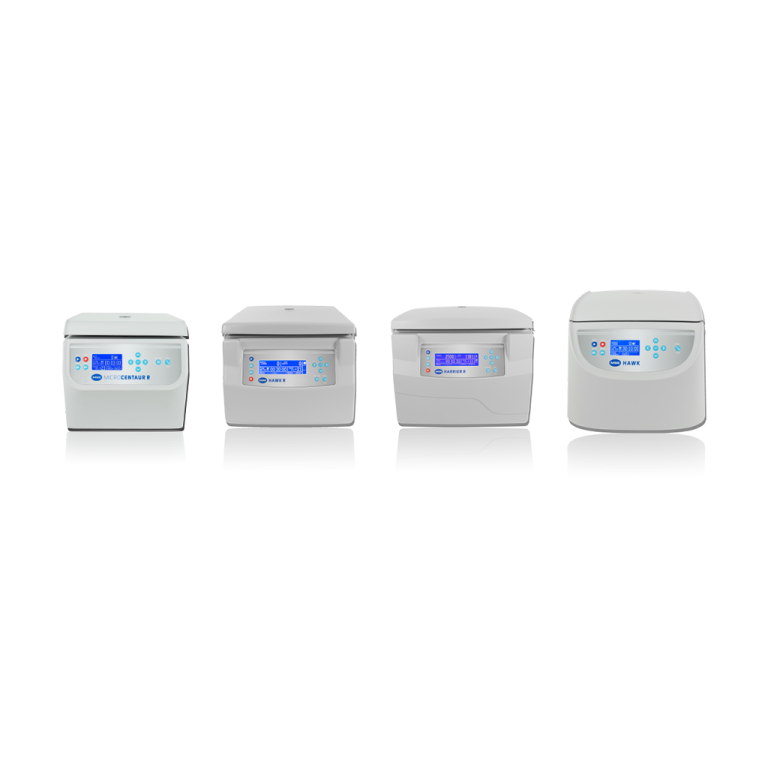Centrifuge Maintenance

Maintenance of Your Centrifuge is Crucial
Most importantly, centrifuges need to be regularly maintained and serviced. As with a car, a single annual service can extend the life of your centrifuge considerably as well as increase reliability and safety. Centrifuges that are not properly maintained can be potentially dangerous.
Furthermore, if a user is inappropriately trained or inexperienced, then this too can be hazardous. You can contact MSE directly if you have any questions relating to the operation of your centrifuge. Alternatively, your nearest service engineer will be able to visit your site and give basic training, as well as repair and maintain your equipment.
Good Centrifuge Maintenance Practices
To ensure peak performance of your MSE centrifuge, you should abide by the following steps:
Centrifuge Maintenance Tips
To ensure peak performance of your MSE centrifuge, you should abide by the following steps:
- Always run with a full set of buckets. Distribute the load evenly around the rotor.
- Balance opposing buckets to within 5 grams.
- Regularly clean and decontaminate your rotor, buckets and adapters, particularly if there is a spillage.
- Use a brush with soft bristles for cleaning. Avoid using a brush with wire bristles.
- Dry buckets and rotors after cleaning to prevent corrosion. Dry upside down so excess water can drain away.
- Spray buckets with an anti-corrosion spray once dried.
- Ensure rotor, buckets and windshield lids are securely fitted.
- Never run a windshield rotor without the lid.
- Remove any broken tubes or debris from the bowl.
- For refrigerated units, you should leave the lid open after use to allow moisture to evaporate and prevent corrosion.
- Rotors and buckets should be replaced after 10 years or 30,000 cycles (whichever the greater).
